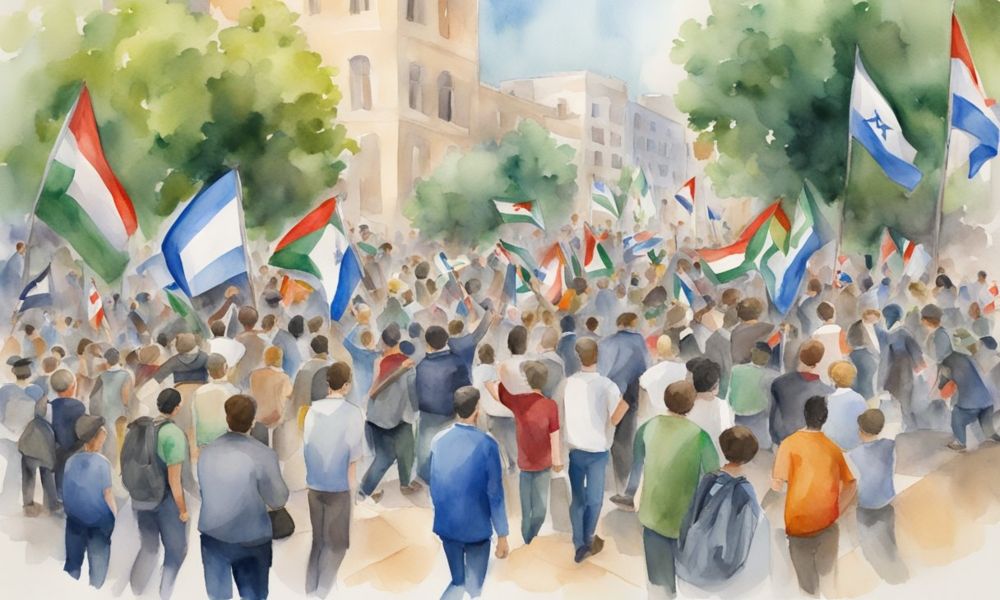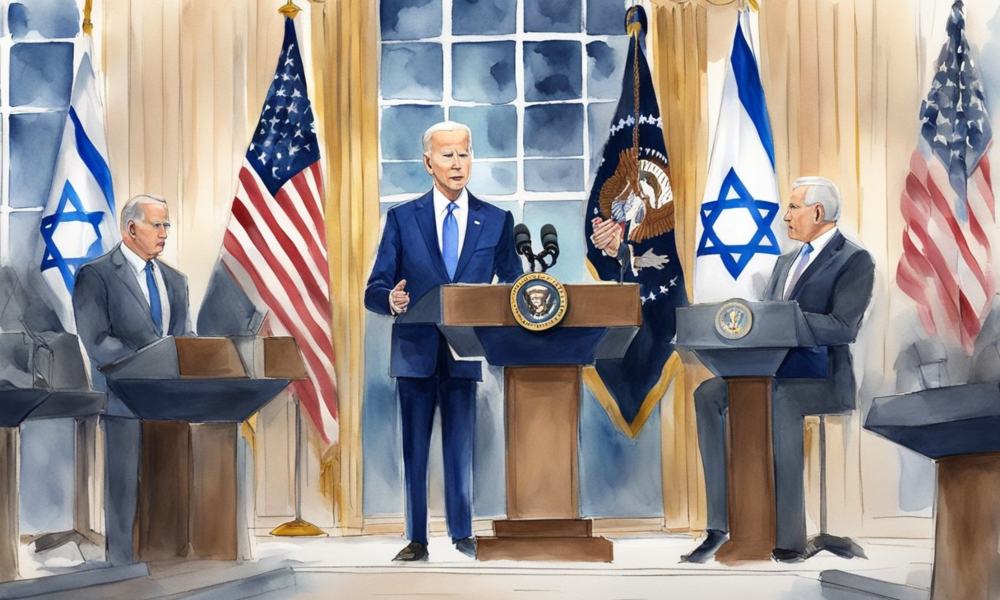A Yale University student was stabbed in the eye during a large anti-Israel protest on campus. Here are the key points:
- The student was attacked after being identified as Jewish based on his appearance
- Protesters formed a blockade to prevent him from catching the person who stabbed him
- The protests included anti-Semitic symbols and chants promoting violence against Israeli civilians
Do you want to know more about this disturbing incident and the protests on Yale’s campus?
Violent Protests Target Jewish Student
On Saturday night, around 500 students gathered at Yale University for a protest against Israel. Ariel Fried, a Jewish student at Yale, attended the rally to observe and record what was happening.
The protest organizers immediately blocked their path when Fried arrived with his visibly Orthodox Jewish friend. Groups of protesters linked arms to form human blockades, preventing Fried from moving freely.
The other protesters noticed Fried and began taunting him, viewing him as an “enemy” because he was Jewish. The taunts quickly escalated until someone waved a Palestinian flag in Fried’s face and stabbed him in the left eye with it.
Protesters Chant Support for Terrorism
When Fried tried to pursue his attacker, the protest organizers refused to allow him through the human blockades. Unable to identify who stabbed him, Fried had to go to the hospital for treatment of his injured eye.
Amidst the protest, footage depicts demonstrators tearing down American flags from their poles, jubilantly chanting “Viva Viva Palestina!” Additionally, they echoed slogans such as “There is but one remedy, the Intifada revolution,” indicating support for Palestinian uprisings against Israel, which included violent tactics like suicide bombings aimed at civilians.
Many carried watermelon symbols, which are used to promote anti-Semitic hatred against Jewish people and violent acts against Israel under the guise of “liberation.”
Yale Slow to Address Anti-Semitism
This was not the first incident during the protests, which arose from an anti-Israel student group setting up an encampment in a central campus plaza. For days, the administration allowed the group to violate school policies without serious consequences openly.
Fried expressed dismay that Yale enabled this extremist behavior, saying, “This is really painful to realize that your peers have joined the Nazi party.” The protesters blatantly condoned terrorism while standing in front of a memorial honoring Yale alumni who “gave their lives that freedom might not perish.”
In the aftermath, only minimal disciplinary actions were taken against some protesters before they were released to resume demonstrations. Critics argue Yale has been too lax in addressing the blatant anti-Semitism and promotion of violence on campus.
Conclusion
The stabbing assault on Ariel Fried and the anti-Semitic nature of the protests has deeply shaken the Yale community. With protesters openly glorifying terrorist groups and showing hatred toward Jewish students, there are serious concerns about campus safety and tolerance.
Will the university take more decisive actions to condemn anti-Semitism and violence? And how can they better protect all students’ rights to practice religion and feel secure on campus?
















